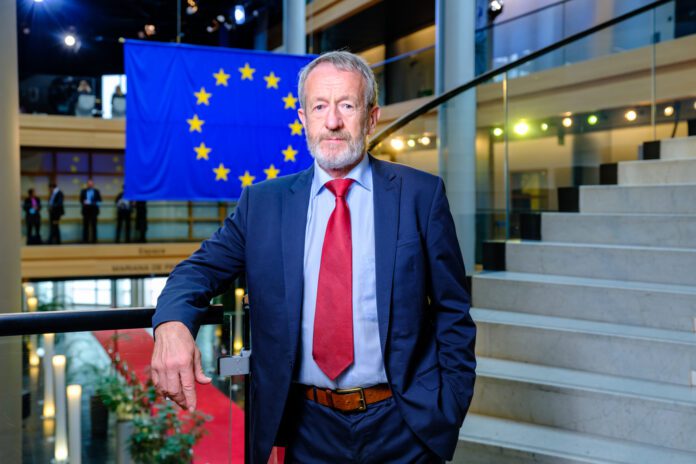
THE Irish economy have been scarred by Brexit, the pandemic and now the horrific war in Ukraine waged by a callous tyrant, but climate change remains the overarching existential problem facing the entire planet and every living being on it.
The war has fundamentally changed EU policy and the global context in which it will be applied, most notably the energy transition and sustainable food production. To achieve a smooth transition, Ireland will need to radically transform its energy system: reducing energy demand and moving away from fossil fuels to zero or low-carbon fuels and power sources.
The agricultural sector will of course have a big role to play in reaching climate neutrality, so let’s start giving them some carrots and not just the stick.
Biogas production has been highlighted as a key way to help fortify the EU’s struggling farm sector against increasing energy costs. Anaerobic digestion is the controlled use of biodegradable organic materials to produce renewable energy in the form of biogas and organic fertiliser.
With squeezed incomes for farmers, the use of biogas can provide an opportunity for additional and diversified revenue streams for farmers. Biogas is a clean, renewable, and reliable source of energy as well as a new source of income for farmers.
Limerick is full of fertile agricultural land, a fully-fledged system AD facilities would have numerous benefits for the agricultural sector, but also rural economies more broadly. Funding opportunities for R&D, demonstration and education, from local, national and European sources, should be leveraged by the local community to enable investment in innovation and new enterprise creation.
We need to use all available resources in this energy transition and farmers are still an underutilised resource.







